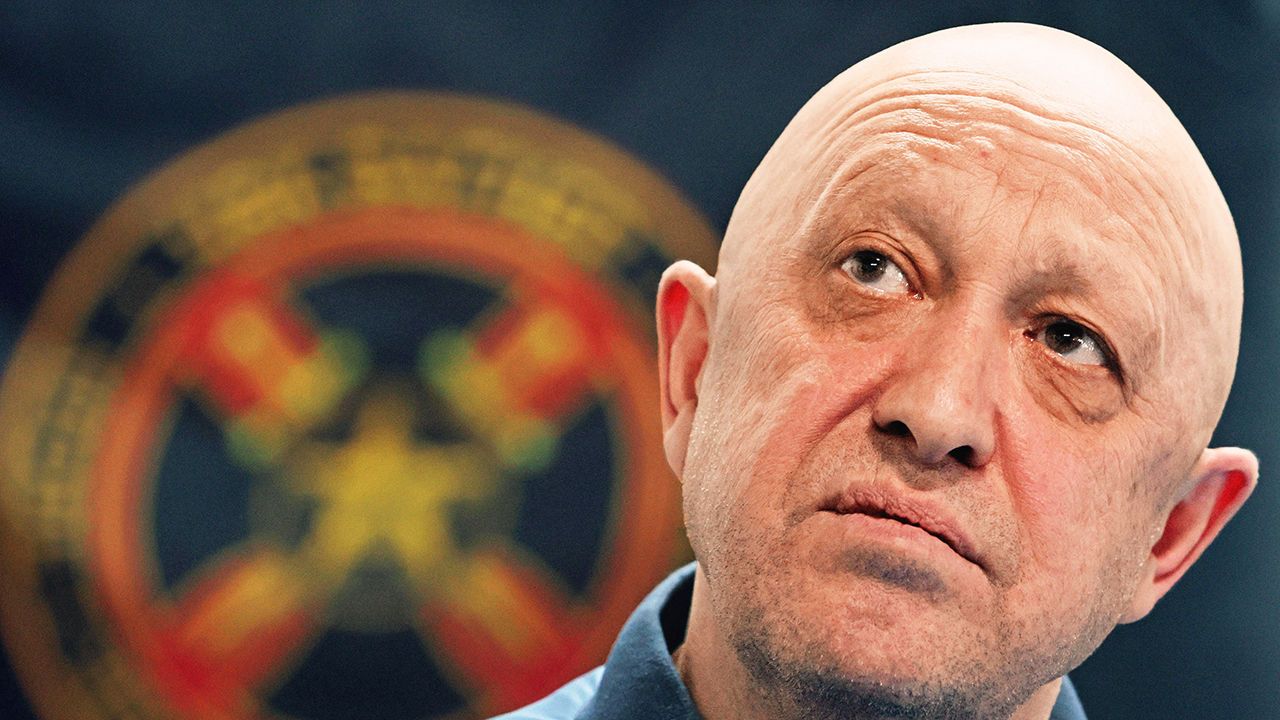Creed Movie: How Ryan Coogler Revitalized an Iconic Film Franchise

The Creed movie stands as a powerful testament to the enduring appeal of underdog stories in cinema. Directed by Ryan Coogler and released in 2015, it masterfully blends nostalgia with fresh storytelling, breathing new life into the beloved Rocky franchise. But what made Creed such a standout in a series known for hard-hitting drama and unforgettable boxing sequences? Let’s explore the vision behind the film, Michael B. Jordan’s transformational role, and the cultural significance that continues to resonate.
The Vision of Ryan Coogler
Ryan Coogler’s directorial approach to the Creed movie is nothing short of revitalizing. Drawing from his personal experiences and a deep respect for the legacy of Rocky, Coogler crafted a narrative that stands on its own while paying homage to its roots. His journey to the director’s chair, as chronicled in The New Yorker’s comprehensive profile, showcases how formative family moments and early exposure to seminal films shaped his storytelling style. Coogler’s ability to merge intimate, character-driven arcs with dynamic action is evident throughout Creed.
His partnership with actor Michael B. Jordan, first established in "Fruitvale Station," flourished beautifully in Creed. Coogler sought more than just a boxing movie—he aimed to explore fatherhood, identity, and the search for self-worth, moving beyond the usual genre trappings.
Michael B. Jordan's Unforgettable Performance
At the heart of the Creed movie is Michael B. Jordan’s portrayal of Adonis Johnson, the son of Apollo Creed. Jordan’s performance delivers raw emotion, vulnerability, and grit. The character’s path from shadow to spotlight is both inspiring and relatable, earning praise from critics and audiences alike.
Jordan’s dedication to the role is palpable. Through authentic fight choreography and emotionally charged scenes with Sylvester Stallone, who reprises his role as Rocky Balboa, the film never loses sight of its human core. Coogler's faith in Jordan, reflected in their deep creative trust, is a driving force behind Creed’s success.
Reviving the Rocky Franchise for a New Generation
Creed reimagined the Rocky universe for the 21st century. The narrative doesn’t simply recycle familiar themes—it expands them. Adonis’s struggles are distinctly modern and multicultural, resonating with viewers who may not have grown up watching the original films. The movie ties personal legacy tightly with ambition and perseverance, themes universally relevant and compelling.
The film’s commercial and critical achievements underscore its impact. According to Vulture’s Oscar analysis, Coogler’s track record across features—including Creed—sets him apart as one of Hollywood’s most visionary directors. His success paved the way for larger projects like "Black Panther", highlighting Creed as a turning point in mainstream, inclusive storytelling.
The Enduring Cultural Impact
While Creed is undoubtedly a sports drama, it’s also a coming-of-age story and a meditation on legacy. The film’s influence extends far beyond the boxing ring. Cultural observers have praised Coogler for bringing fresh depth to familiar material, bridging generational divides and elevating genre filmmaking.
For a deeper look at how Coogler uses genre as a tool for commentary and reinvention—even in projects beyond Creed—The Economist explores his recent works and their engagement with identity and culture. This innovation in storytelling ensures that Creed’s impact will be felt for years to come.
Conclusion
The Creed movie is more than just a reboot; it’s a cultural milestone. Through Ryan Coogler’s vision and Michael B. Jordan’s compelling performance, it revitalized a classic film series and reached a new generation of audiences. By balancing homage and innovation, Creed reminds us why stories of determination and resilience matter, both on the screen and beyond.
Ready to experience Creed or revisit its powerful journey? Watch it today and witness why this film continues to inspire fans old and new.